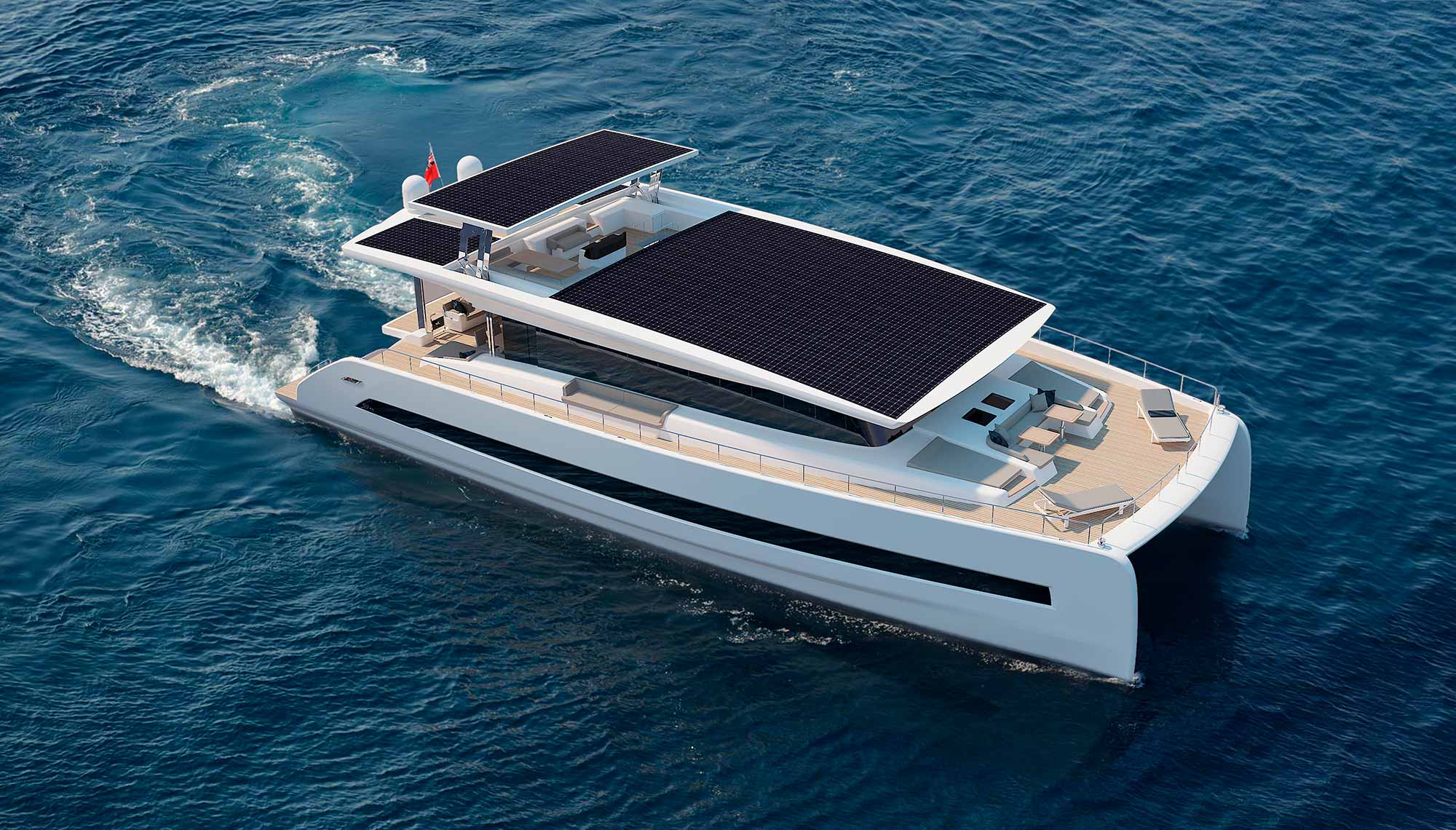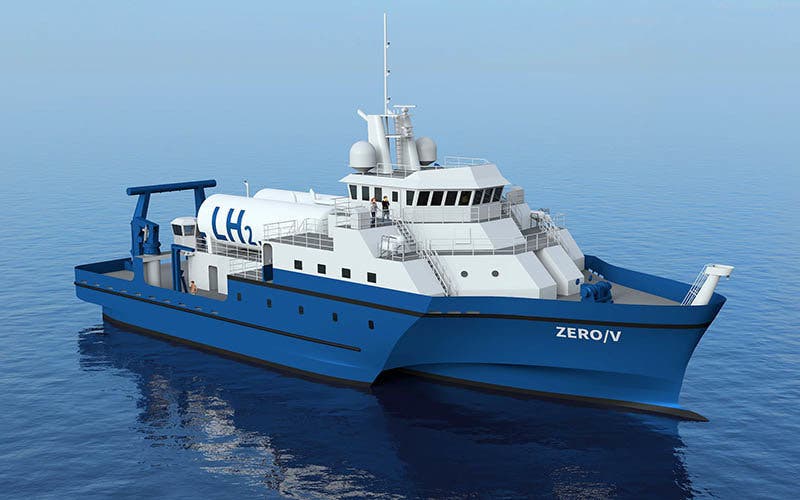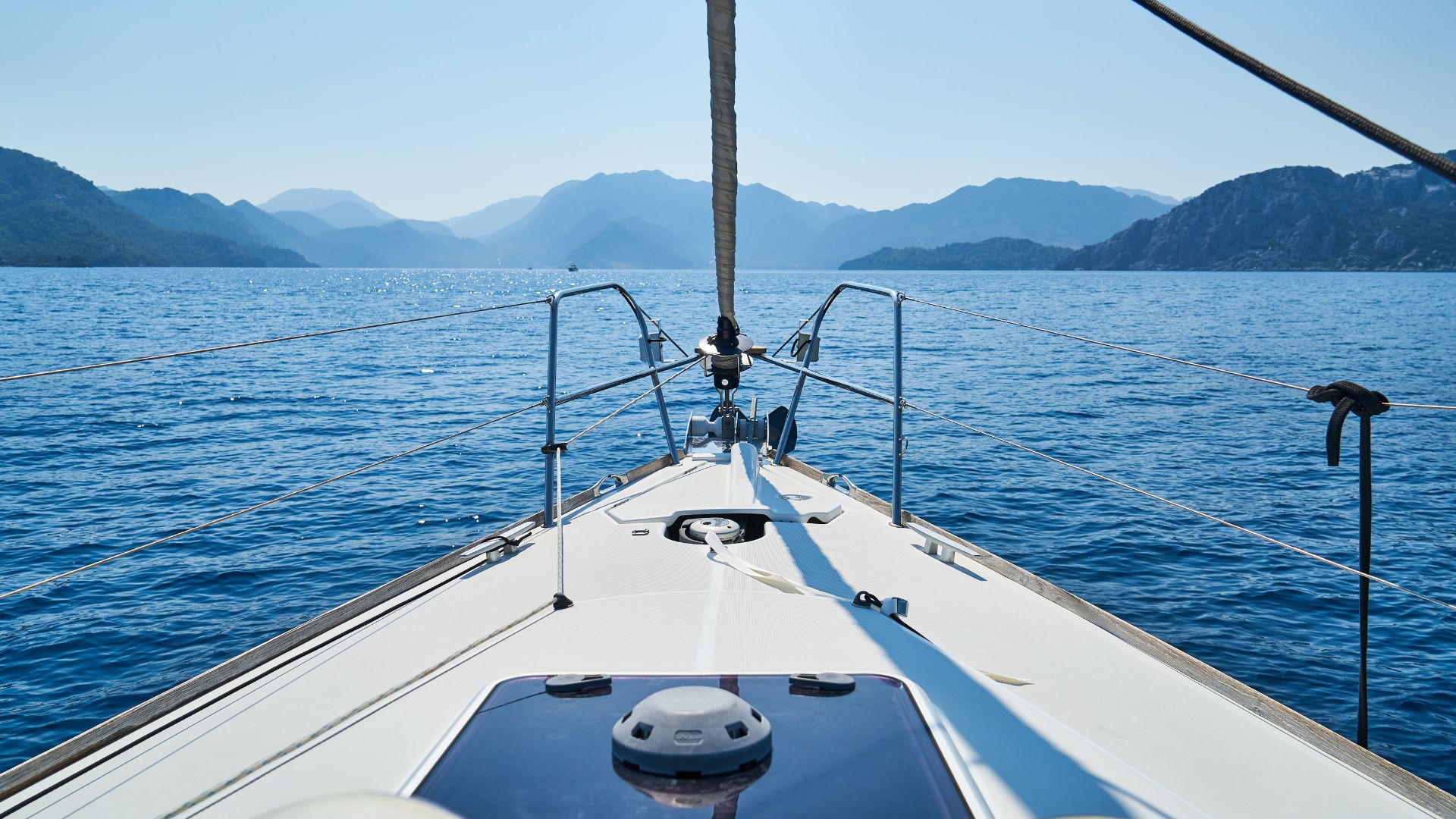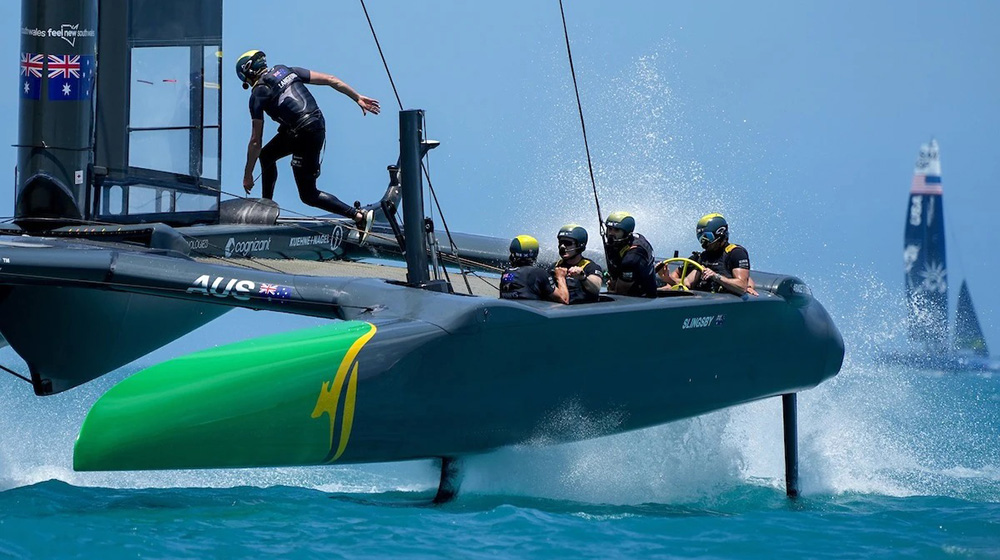
Electric Boats: Benefits and New Features
Concern about environmental pollution has also reached the nautical sector. Electric boats are already sailing our seas. In a world where sustainability and emissions reduction are increasingly important, the maritime industry has found a promising solution in the use of electric motors.
These vessels, powered by electric energy instead of fossil fuels, represent a clean and efficient alternative that is gaining popularity.
What are electric boats?
Also known as electric boats or e-boats, they are maritime vehicles propelled by electric motors instead of internal combustion engines. They use electric energy to move, an ecological, clean and environmentally friendly energy.
Thanks to this, greenhouse gas emissions are completely eliminated and noise pollution is significantly reduced compared to traditional boats. These boats have a clear objective, clean and emission-free navigation.
Advantages of electric-powered boats:
- Environmental sustainability: By eliminating direct emissions of polluting gases, electric boats contribute to the reduction of the carbon footprint and help combat climate change.
- Reeduced noise pollution: Electric motors are much quieter than internal combustion engines, which benefits both passengers and marine life.
- Energy efficiency: Electric propulsion systems can be more efficient in terms of energy consumption compared to traditional propulsion systems, leading to lower long-term operating costs.
- Reduced maintenance costs: Electric boats require less maintenance than boats with internal combustion engines, as they have fewer moving parts and do not require oil changes or air filters.
The new electric boats
The German company Torqeedo, with its Deep Blue motor product line, has achieved an unprecedented level of safety in the field of high-voltage electric motors for boats.
Renault and Seine Alliance have joined forces to create electric motors, as seen in the Black Swan boat, one of the first electric boats specifically for cruises and recreational boats on the Seine River. It is powered by two electric motors from reused batteries and has no generators or back-up engine. Therefore, it emits no exhaust gas and drives with almost no noise.
Silent Yachts. Volkswagen, with its MEB technology, and Cupra design have joined forces to manufacture electric yachts and catamarans. These products are already known as the "Tesla of the seas" and currently have three models (Silent Yachts 55, 60 and 80).

OutCut 29.5. Designed and manufactured by Prova shipyard. An all carbon motor catamaran of 9 meters in length. With capacity for 4 passengers inside or 10 on deck. Its power plant consists of 2 of 10 Kw capable of achieving a speed of 7 knots.
Marine Business Line owns the electric ferry Ellen. It is the ferry with the longest range in the world, recently breaking a world record by covering 50 nautical miles (92 kilometers) on a single charge of its batteries. This electric ferry releases zero carbon emissions, a 24% reduction over a new diesel ferry.
In addition to electric recreational boats such as yachts and catamarans, which are already in operation and plying the seas, other types of electric boats are expected to be launched this year.
With support from the Chinese government, the Wuxi Saisiyi Electric Technology Co. debuted the Yangtze River Three Gorges 1 in 2022, the world's largest electric river cruise ship. At 100 meters in length, this cruise ship can accommodate a total of 1,300 passengers, thanks to the 7,500 kWh battery bank supplied by the world's leading electric car battery manufacturer, Contemporary Amperex Technology, which provides a range of 100 km.
Another novelty, which will be released soon, is the electric IMOCA, which we recently talked about on our website. The first hydrogen IMOCA of Ocean's Lab aims to participate in different races, being the first electric boat to do so.
Applications of electric boats:
- · Passenger transport: they are ideal for passenger transport on rivers, lakes and coastal areas. Their quiet, emission-free operation enhances the passenger experience and reduces pollution in urban areas.
- · Sustainable tourism: they are increasingly being used for sightseeing excursions and recreational activities in sensitive natural environments, such as national parks and marine reserves. They are environmentally friendly vessels and leave no debris or garbage in the sea.
- · Freight transport: although the carrying capacity of electric boats is currently limited compared to traditional cargo ships, larger and more powerful electric boats are being developed for short-distance freight transport.
These vessels can be used to transport goods along rivers, canals and coastal areas, reducing greenhouse gas emissions and improving air quality in urban port areas.
- · Scientific research: they are ideal tools for conducting scientific research and environmental studies at sea. Their low environmental impact and ability to operate silently allow measurements and data collection without interfering with marine ecosystems.
They can also be equipped with specialized instruments and equipment for oceanographic studies, water quality monitoring and marine life analysis.

- · Emergency services and surveillance: Electric boats can also play an important role in emergency operations and maritime surveillance. Their ability to move silently and without emissions makes them useful for rescue missions, coastal patrol, inspection of sensitive areas and protection of the marine environment.
Electric boats are opening a new horizon in sustainable maritime navigation.
Their environmental benefits, energy efficiency and reduced maintenance costs make them an attractive option for various shipping applications.
As technology advances, we can expect to see more new developments and higher capacity electric vessels on the market, which will accelerate the transition to a cleaner and greener maritime industry.













_v2.svg)
_v2.svg)









_v2.svg)


